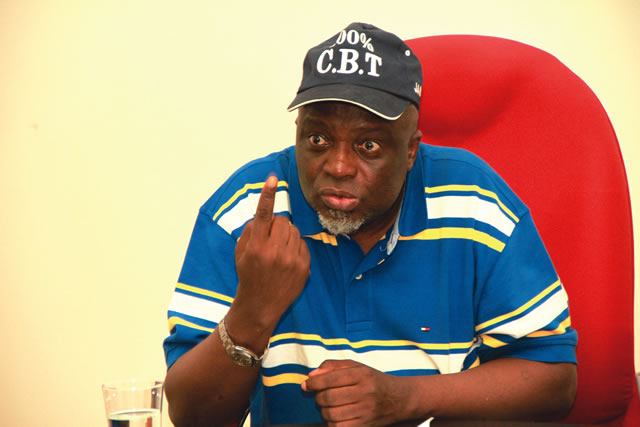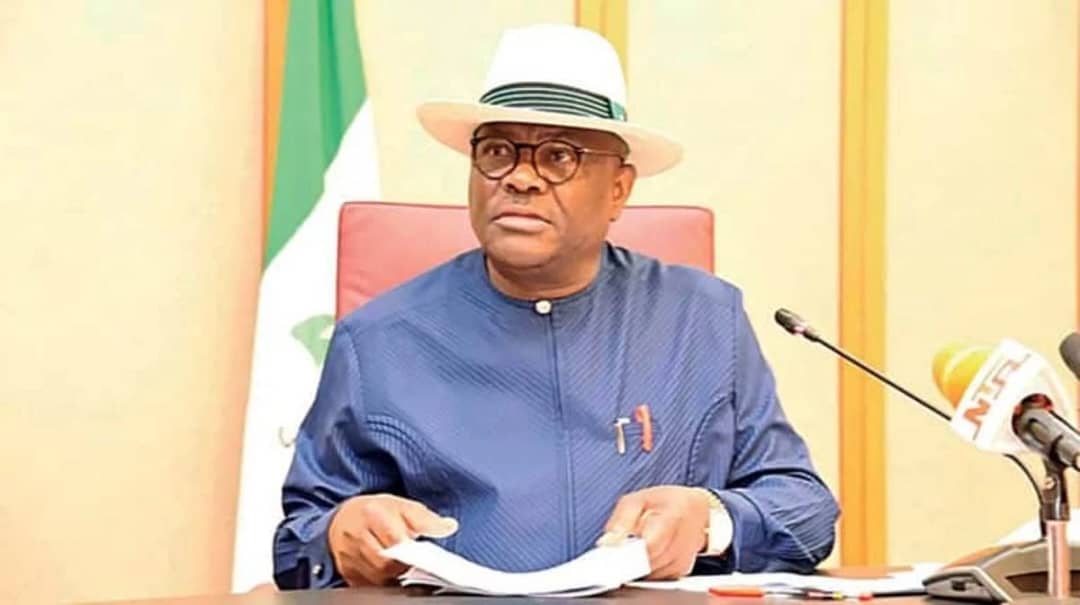Federal high court, Kano has faulted the Economic and Financial Crimes Commission (EFCC) evidence against popular TikToker Murja Ibrahim Kunya alleged naira abuse prosecution.
Besides, the court rejected EFCC’s quest to adjourn the Tuesday’s hearing to enable the prosecution produce a missing evidence to prove its defense against Kunya.
The Kano based social media influencer Kunya was arragned in March, 2025 for alleged naira mutilation.
She was said to have abuse the legal tender during a social event at Tahir Guest palace, Kano, where she was sighted spraying new naira notes, a criminal offense under the Central Bank of Nigeria (CBN) Act. section 21.
Although, the defendant who was granted an administrative bail from the EFCC custody after her lawyer, Saka Abubakar signed undertaking, pleaded guilty as charge.
At the resumed hearing on Tuesday, counsel to the prosecution, Lily Jaccob told the court that Kunya was arrested on 26th February, 2025 after obtaining video evidences where she allegedly attended a social gathering on 28th December, 2024 at Tahir guest palace.
Barrister Jaccob further revealed that EFCC had filed the criminal charge of one count giving Kunya’s TikToker account where she was sighted spraying N400, 000, in N500, and N1,000 denominations.
The EFCC lawyer submitted that in view of the fact that the defendant admittance of guilt, asked the court to convict her appropriately.
Responding, the defense lawyer, Saka Abubakar pleaded on the court to tender justice with mercies, considering the defendant plea of guilty.
But the presiding Judge, Justice Amobeda who asked whether the EFCC was at the scene of the party where the defendant allegedly mutilated the naira notes, further demanded the prosecution to produce the alleged N400,000 as part of evidence.
Although, EFCC admitted the alleged N400, 000 exhibit was not in the commission’s possession, Justice Amobeda rejected the request of lawyer, Jaccob, seeking case adjourn to enable her produce the exhibit.
Justice Amobeda cited the provisions of sections 274 (1) paragraph (P) and 356 of the Administration of Criminal Justice Act. (ACJA), insisted the EFCC has failed to perfect it’s investigation and substantial evidences with convincing exhibit.
The Judge therefore adjourned to May, 13th for conviction and sentence.























 You can install this WP plugin on your website from the WordPress official website:
You can install this WP plugin on your website from the WordPress official website: 